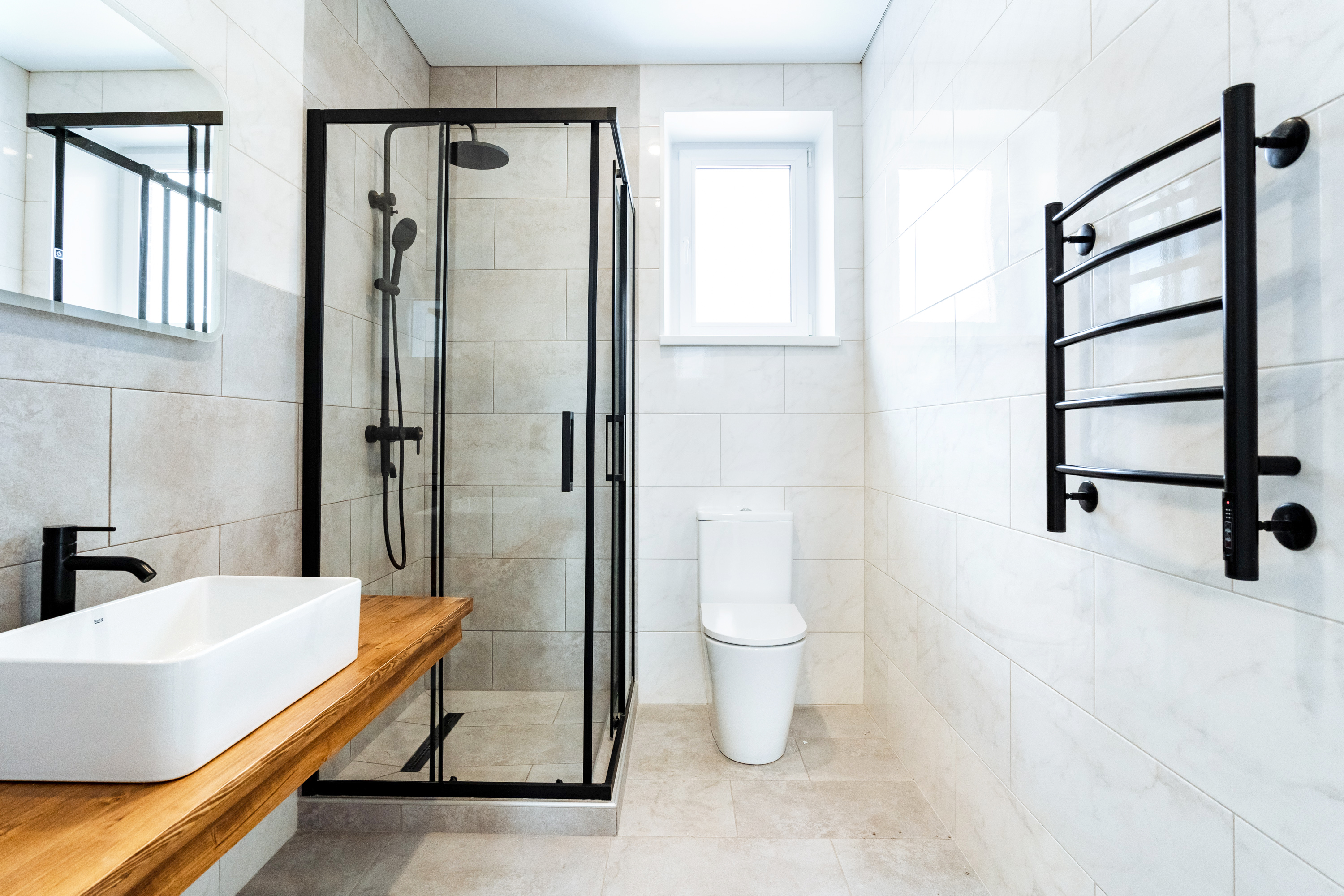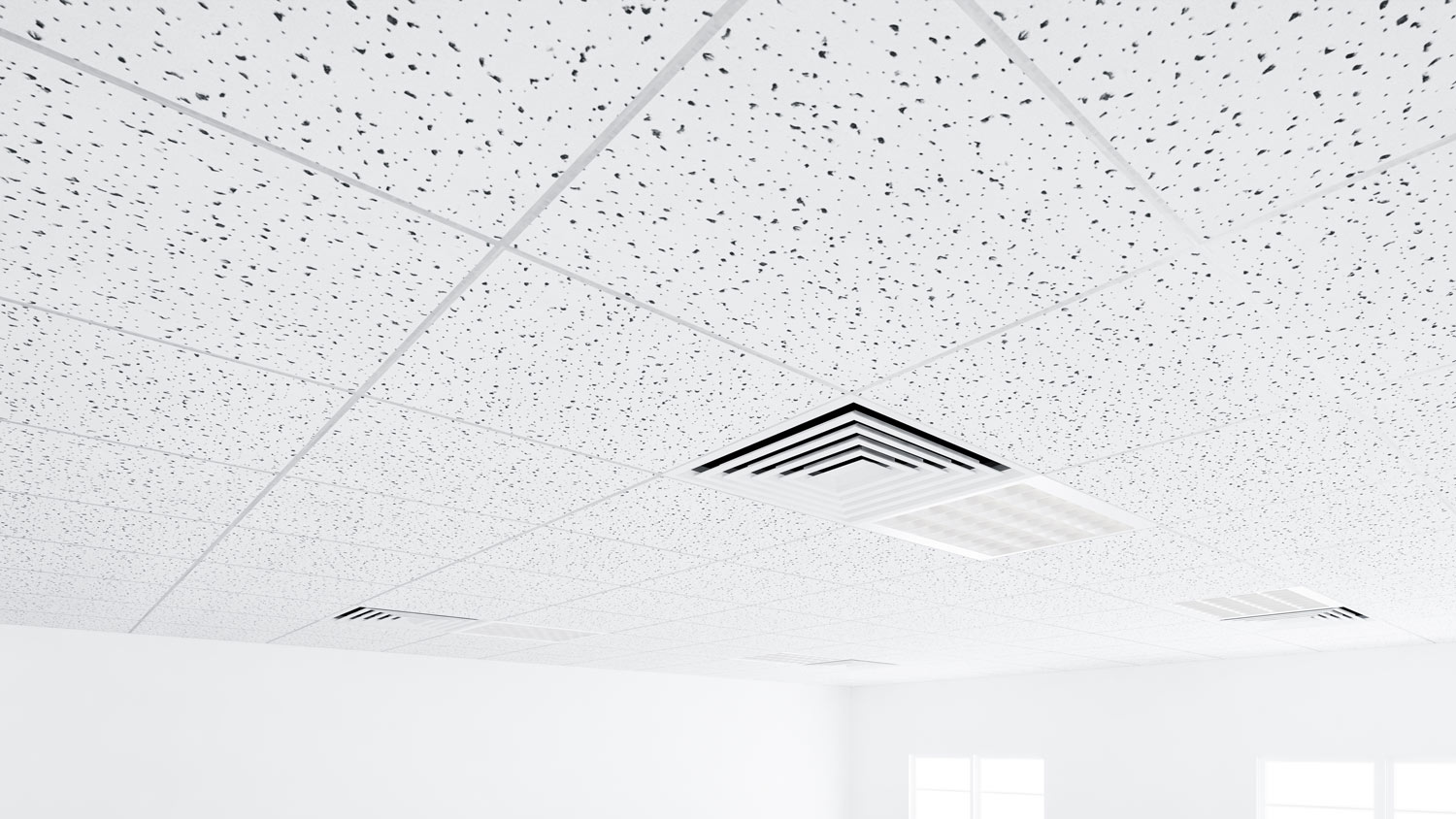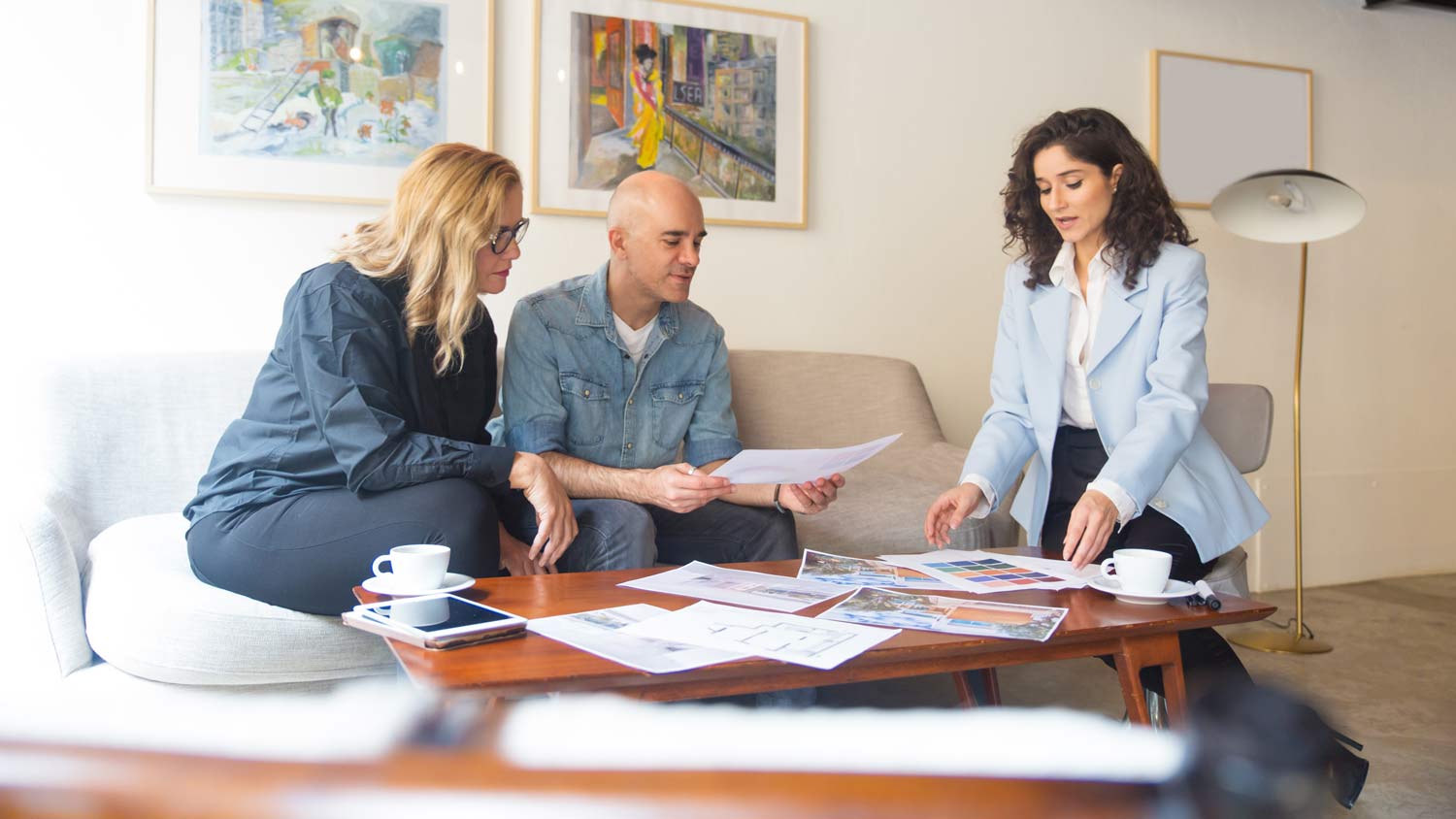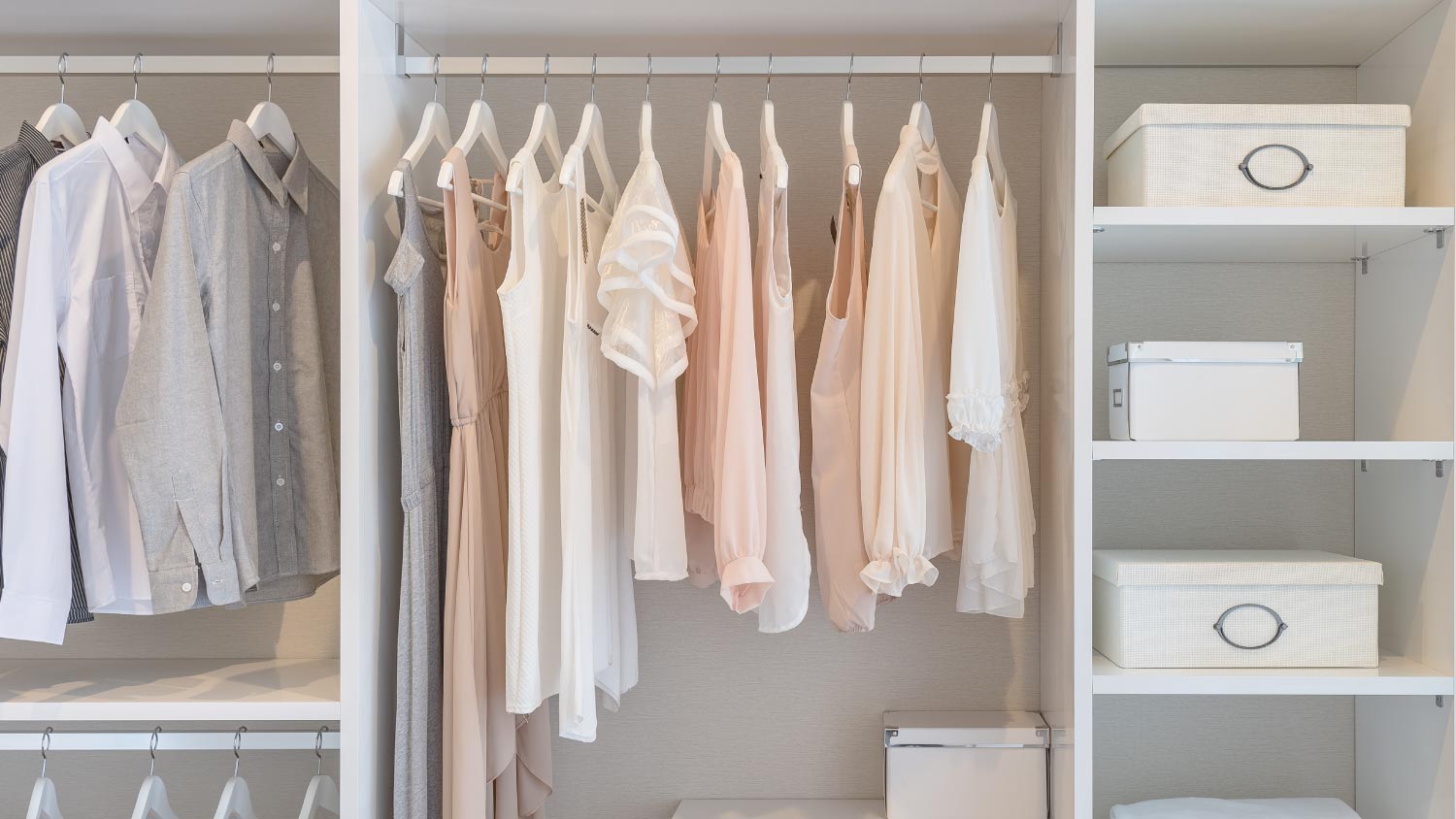
Discover average bedroom addition costs, including cost factors, labor rates, and tips to help you budget for your new bedroom addition project.
Interior design and decorating costs depend on your project and location. Check with a local pro for your specific job.
Stretch ceiling installation costs $6 to $14 per square foot.
Project size, material type, and design features impact the total cost of installation.
Professional ceiling installation costs $60 to $120 per hour, ensuring durability and a flawless finish.
Custom lighting or shapes can increase the cost of installing a stretch ceiling.
Stretch ceilings are low-maintenance and can boost home value.
This article was created using automation technology and thoroughly fact-checked and edited by an Angi Editor in accordance with our AI policy.
The cost of stretch ceiling installation averages $8,000, with most homeowners spending between $4,500 and $14,000. Prices range from $6 to $15 per square foot, depending on the material and room size. Larger or custom-designed ceilings may cost more, while smaller, standard installations can be more budget-friendly.
Let’s explore what affects stretch ceiling installation costs, how to plan for your project, and ways to get the best results for your budget.
The size of your ceiling is the single largest factor in the total installation cost. Installers calculate pricing based on square footage, with larger rooms requiring more material and labor. For example, bedrooms and kitchens often require less material, while living rooms or open-concept spaces may increase overall cost due to their size.
Most stretch ceiling installers charge between $6 and $15 per square foot for materials and labor. Some professionals have minimum project sizes or surcharges for small spaces, so even a small bathroom may have a baseline fee to cover setup and travel.
| Room Type | Average Size (Sq. Ft.) | Average Cost Range |
|---|---|---|
| Bathroom | 40 | $300–$900 |
| Bedroom | 120 | $720–$1,800 |
| Kitchen | 150 | $900–$2,250 |
| Living room | 250 | $1,500–$3,750 |
| Large open area | 500 | $3,000–$7,500 |
The type of stretch ceiling you select also plays a major role in your final cost. Standard flat stretch ceilings are the most budget-friendly, offering smooth, modern looks at the lower end of the price range. Multi-level or tiered ceilings add complexity, with extra framing and material requirements.
Printed or custom graphic stretch ceilings introduce a premium for unique designs. Translucent ceilings with integrated lighting or acoustic stretch ceilings for sound dampening will further increase your stretch ceiling installation cost. For wet areas, moisture-resistant or specialty materials are a must and may cost more.
Where you live can affect the cost of stretch ceiling installation. Labor and material prices are often higher in large cities and coastal areas, while rural regions may have lower costs but fewer specialized installers. Local demand and installer expertise also influence pricing. Urban areas with high demand and limited installer availability can see premium charges.
Several factors determine your final stretch ceiling installation cost. Understanding these details can help you plan and budget more accurately.
Specialty contractors or trained ceiling installers install stretch ceilings. Labor rates can range from $3 to $7 per square foot or $60 to $120 per hour. Most professionals have a minimum service fee, which can range from $500 to $1,000 depending on your location and project size.
Labor costs can increase for high ceilings, irregular room shapes, or spaces with many fixtures and vents. Regional differences also play a role, with higher rates in major metropolitan areas.
Permits for stretch ceiling installation are not always required, but some municipalities may ask for them if electrical work or structural changes are involved. Building permit costs vary widely, from $50 to $300, depending on your area. Always check with your local building department to avoid project delays or fines.
Adding features such as integrated lighting (LED strips, recessed fixtures), custom shapes, or multi-level designs increases both material and labor costs. Printed graphics, specialty finishes, and soundproofing upgrades also add to your total.
Acoustic enhancements can cost $2 to $5 per square foot extra, while custom lighting integration costs $500 to $2,000 or more, depending on complexity.
Several other elements can impact your stretch ceiling budget:
Complex shapes or high ceilings require more labor and material.
Limited accessibility or the need to move furniture can increase time on site.
Removing old ceiling materials or preparing the surface adds to the cost.
Post-construction cleanup and finishing touches may carry a fee.
Design consultation, architectural input, or required inspections can introduce additional charges.
Beyond stretch ceiling installation, there are a few ongoing and one-time expenses to keep in mind.
Most stretch ceiling materials come with manufacturer warranties, ranging from 10 to 20 years. Installer warranties may cover workmanship for one to five years. These warranties protect against defects or installation errors, but may not cover accidental damage or improper maintenance.
Stretch ceilings are known for being low-maintenance. Occasional dusting or gentle cleaning is often sufficient. The material is durable and can last 10 to 20 years. Professional cleaning, if needed, may cost $100 to $300 per visit. Minor ceiling repairs cost less, but extensive damage may require replacement.
Sales tax on materials and labor will vary by state and municipality. Expect tax rates between 5% and 10%, which can add a few hundred dollars or more to your total project cost.
Homeowners insurance does not always cover stretch ceiling installation, but it may protect against accidental damage after the fact. Ensure your contractor has liability insurance, especially for high-value or complex projects, to protect your investment and provide peace of mind.
Homeowners sometimes consider DIY stretch ceiling installation to save on labor. DIY kits range from $2 to $5 per square foot for basic materials. By handling the project yourself, you can avoid labor charges, potentially saving thousands on a large room.
However, DIY installation demands specialized tools, a heat gun, and a steady hand to achieve a smooth finish. Risks include poor fit, damage to the material, and voiding warranties. Mistakes can be costly and are hard to fix without professional help. Most homeowners find it’s best to hire an experienced local ceiling company, especially for large or custom projects, to guarantee a flawless, long-lasting result.
Deciding between repairing and replacing a stretch ceiling depends on the type and extent of damage. Small punctures, sagging, or seam issues can often be repaired for $150 to $500. Larger problems like major tears, discoloration, or widespread sagging may require complete replacement, especially if the damage covers more than 50% of the surface or the ceiling is near the end of its warranty period.
If your ceiling is relatively new and under warranty, repair is often the most cost-effective option. For older ceilings with significant issues, replacement ensures better appearance and performance.
A professionally installed stretch ceiling can increase your home’s value by enhancing both appearance and function. Buyers appreciate the modern look, integrated lighting, and easy maintenance. Compared to other ceiling upgrades, stretch ceilings offer a strong return on investment, especially when combined with custom features or energy-efficient lighting.
ROI is highest when the design complements your home’s style and when installation quality is top-notch. Stretch ceilings also offer benefits for universal design, safety, and noise reduction, making them a wise choice for many homeowners.
To keep installation costs within budget, consider the following tips:
Get multiple quotes from qualified stretch ceiling installers.
Choose standard materials and finishes for better value.
Limit custom features or complex designs to control costs.
Schedule installation during off-peak seasons for potential savings.
Prepare the room in advance (move furniture, clear space) to reduce labor time.
Consider partial installations (e.g., feature wall or ceiling section) for budget-friendly upgrades.
Home is the most important place on earth, which is why Angi has helped more than 150 million homeowners transform their houses into homes they adore. To help homeowners with their next project, Angi provides readers with the most accurate cost data and upholds strict editorial standards. We extensively research project costs to develop the pricing data you see, so you can make the best decisions for you and your home. We rely on reputable sources, including the U.S. Bureau of Labor Statistics, academic journals, market studies, and interviews with industry experts—all to ensure our prices reflect real-world projects.
Want to help us improve our cost data? Send us a recent project quote to [email protected]. Quotes and personal information will not be shared publicly.
From average costs to expert advice, get all the answers you need to get your job done.

Discover average bedroom addition costs, including cost factors, labor rates, and tips to help you budget for your new bedroom addition project.

Need a little extra room for clothes storage in your home? Learn about the average cost to build a closet, some cost factors to consider, and more.

Discover the cost to design a bathroom, including key price factors, to help you plan your remodel with confidence and avoid budget surprises.

Wondering who to hire to install acoustic ceiling tiles? Learn which pro to call, how installation works, and what to expect. Get confident before you book.

Create a stunning and functional home or remodel with an interior designer. Follow these common interior design questions to prepare for working with a pro.

Discover the cost to install a built-in wardrobe. Learn about average prices, installation factors, and ways to save on your custom storage project.